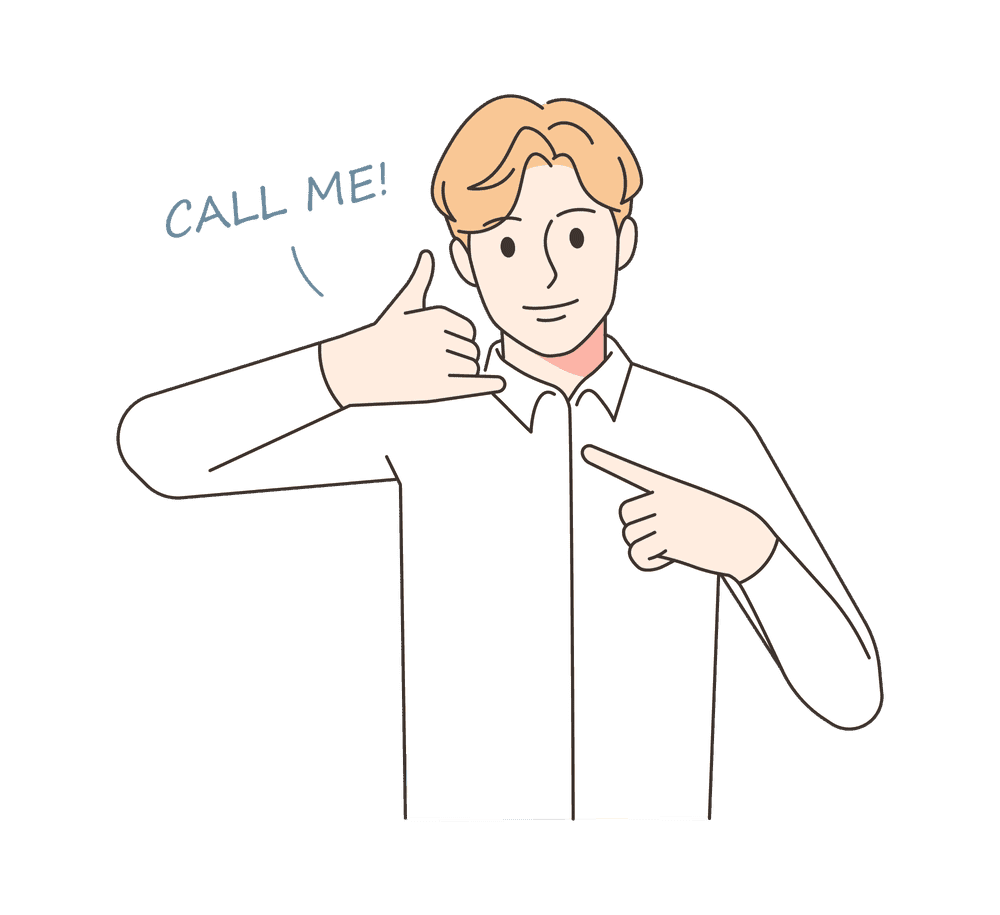
Schedule a Discovery Call
Our SEO Team is here to help you implement all this and more. Schedule a meeting with our SEO strategist to get started.
On-page SEO is the process of optimizing your website’s content and structure to rank higher in search engine results pages (SERPs). This includes things like using relevant keywords, writing high-quality content, and making your website easy to navigate.
On-page SEO, also known as on-site SEO, is the practice of optimizing your web pages for search engines and users. It involves optimizing your title tags, meta descriptions, header tags, images, and content to make it more relevant to the keywords that people are searching for.
Good on-page SEO can help you to improve your website’s ranking in search engine results pages (SERPs), which can lead to more traffic and conversions. It can also help you to improve the user experience of your website, which can lead to increased engagement and loyalty.
Here is a more in-depth look at some of the most important on-page SEO tactics:
Your title tags and meta descriptions are the first things that people see when your website appears in SERPs, so it’s important to make sure that they are clear, concise, and informative. Include your target keyword in both the title tag and the meta description, but don’t keyword stuff.
Here are some tips for writing effective title tags and meta descriptions:
Header tags (H1, H2, H3, etc.) are used to structure your content and make it easier for search engines to understand what your page is about. Use header tags to highlight the most important information on your page, and make sure that your target keyword is included in at least one of the header tags.
Here are some tips for using header tags effectively:
Search engines can’t read images, so it’s important to provide text descriptions for all of your images. Use descriptive filenames and alt text for your images, and include your target keyword in the alt text where possible.
Here are some tips for optimizing your images for search engines:
Your content should be informative, engaging, and relevant to your target audience. It should also be optimized for your target keyword, but don’t keyword stuff.
Here are some tips for writing high-quality content that is optimized for search engines:
Internal links are links from one page on your website to another page on your website. They help search engines to understand the structure of your website and to crawl your pages more efficiently. Use internal links to connect relevant pages on your website, and include your target keyword in the anchor text where possible.
Here are some tips for using internal links effectively:
If you want to improve your website’s ranking in SERPs and increase your traffic and conversions, then you need to focus on on-page SEO. BURK Digital can help you to optimize your website for search engines and users. Contact us today to learn more about our on-page SEO services.

Our SEO Team is here to help you implement all this and more. Schedule a meeting with our SEO strategist to get started.